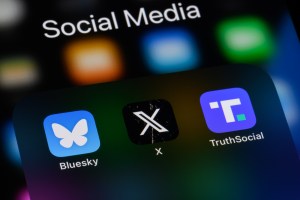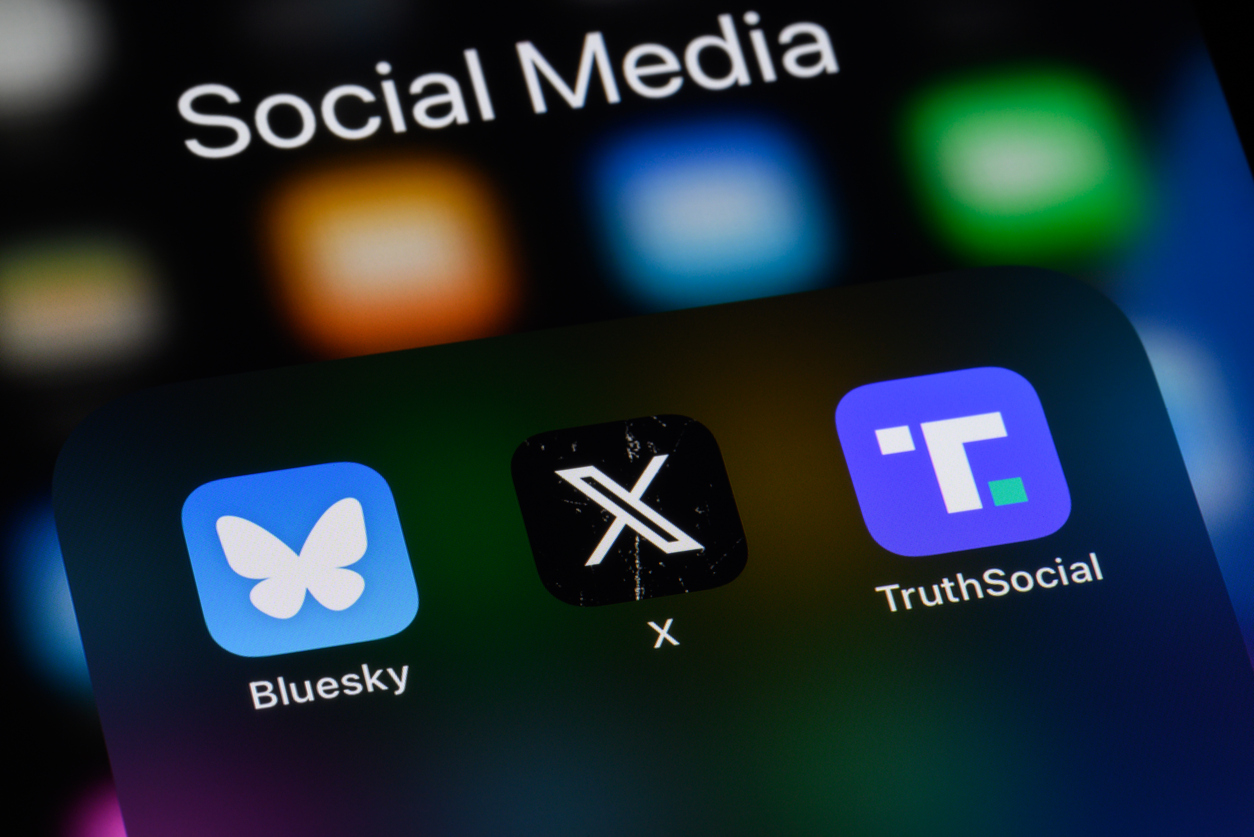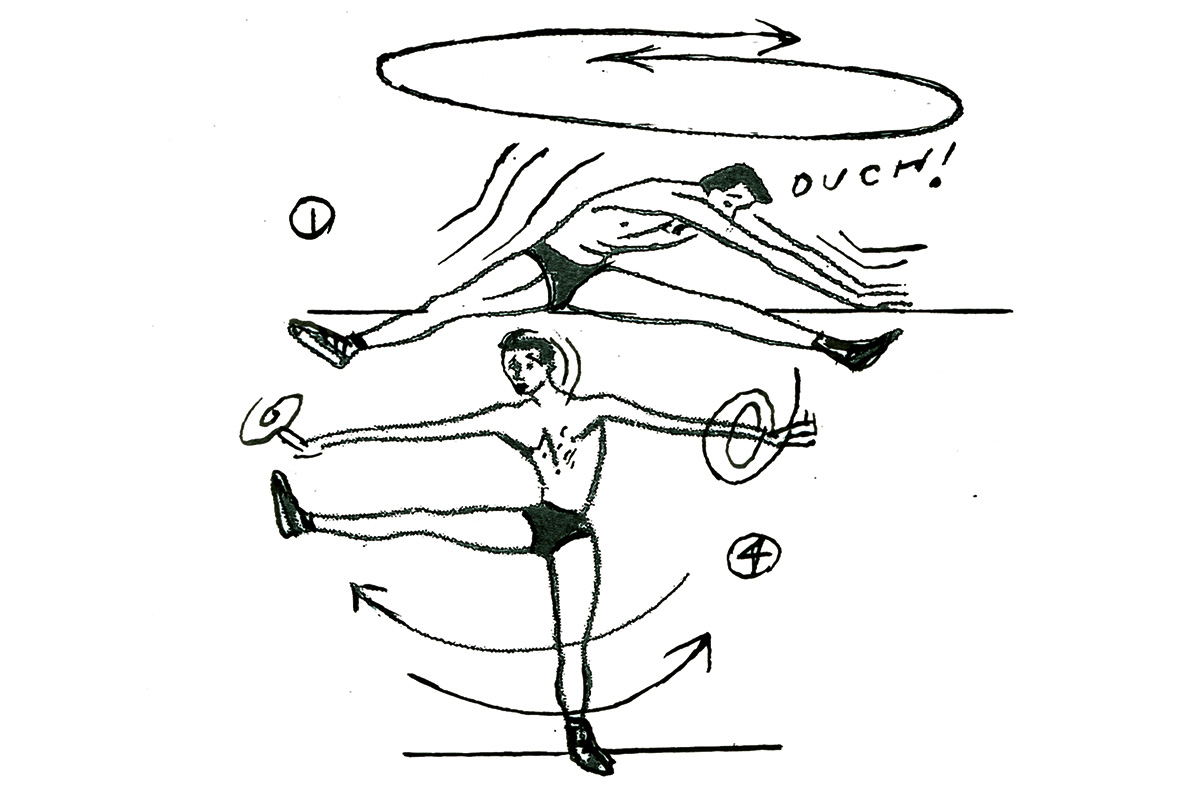Madison Cawthorn, the one-hit-wonder congressman from North Carolina who was defeated in his primary earlier this year, used his final address on the House floor yesterday to condemn “soft metrosexuals.” In the spirit of not kicking a guy when he’s down (Cawthorn will be gone by January), let’s cut him some slack and acknowledge that, melodramatic language aside, his speech made a valid point. Social media is to blame, at least in part, for weakening American culture.
“America is weak,” Cawthorn declared. “Her sons are sickly, and her daughters are decrepit. Our country now faces the consequences of enabling a participation trophy society. We’re no longer the United States. We’ve become the nanny state. Our young men are taught that weakness is a strength, that delicacy is desirable, and that being a soft metrosexual is more valuable than training the mind, body and soul.”
Cawthorn is being roundly mocked by media outlets that will roundly mock Republicans for saying anything, but it is ironic that he of all people is lecturing the rest of us about social media “siphoning our men of their will to fight,” given that much of Cawthorn’s downfall is due to regrettable videos of him going viral on social media. (Remember the “widely viewed video on Twitter appearing to show Cawthorn being groped by a male associate”? And the photos of him drinking wine in women’s lingerie? And the video of him beating up a tree?)
Sorry, where were we? Social media and cultural weakness — right, right…
“Will you sit behind a screen while the storied tales of your forefathers become myth?” Cawthorn said. “Or will you stand resolute against the dying light of America’s golden age? Will you reclaim your masculinity? Will you become a man to be feared? To be respected? To be looked up to? Or will you let this nation’s next generation be its final generation?”
Attributing social media use to the end of mankind might seem like a bit of a stretch, but Cawthorn’s case that screen-related activity has wreaked untold harm on humans is well-documented. The emotional and physical health ailments caused by too much screen time, and by social media use specifically, are reported often. But the cultural harms are discussed much less.
The dawn of social media has born and bred an entire generation consumed more than ever with the opinions of others. Social standing, popularity, fitting in — these things have always been tenets of human existence. Yet whereas historically a person could contend with his immediate social sphere, social media has convinced many that appearing important is something that matters — all while yanking aside the curtain concealing our thoughts, activities, and vulnerabilities.
These people then did what any normal human would do under such circumstances. They set to work sweeping unsightly habits under the rug, tossing skeletons in closets, draping beautiful Afghans over scruffy furniture, and generally putting on a cheery, put-together front for the world that had suddenly been invited into their living rooms (and bedrooms and bathrooms, and…).
This cheery, put-together front wasn’t all that social media demanded. It wanted to see people’s vulnerabilities, their low moments, their grief, their anxiety, and their commitment to progressive causes. The far-left puppet masters running Instagram, Facebook, TikTok and — until recently — Twitter pulled the strings by promoting content that boosted their cultural worldview. In so doing, they also coerced many people’s self-esteem into hinging on the likes and swipes and reposts and heart-eye emoji comments bestowed or withheld by fellow users.
People are fickle creatures and easily swayed by the mob. To post views contrary to what progressive elites promote as mainstream means to risk those sacred likes, or, the scariest torture of all, cancellation. Thus, social media buoyed a whole new culture of fear. Pathetic celebrity “apology” posts are about as common on social media as cigarette ads were in Depression-era magazines. And, of course, along with a generation of social media users consumed with online approval, social media bred another type of monster: the keyboard coward. Cawthorn says, “It used to be a rite of passage in this country for young men to be punched in the face when they did something stupid.” Nowadays, anonymous “keyboard warriors” can say stuff that’s stupid, false, and downright shameful without so much as a slap on the wrist.
The good news is it is we who have allowed social media to have such power in the first place. It’s not as if Mark Zuckerberg held us in a headlock and forced us to scroll through his platform’s biased content and enter our egos in the Most Followers Pageant. We could just as easily delete our accounts, turn off our phones, and go back to thinking and speaking and acting authentically, as John Wayne and Clint Eastwood and Robert Duvall and Ronald Reagan and all the best pre-social media, pre-toxic masculinity macho men did before our self-worth became so fragile that a stranger’s arbitrary choice to click on a screen can make or break us.

























